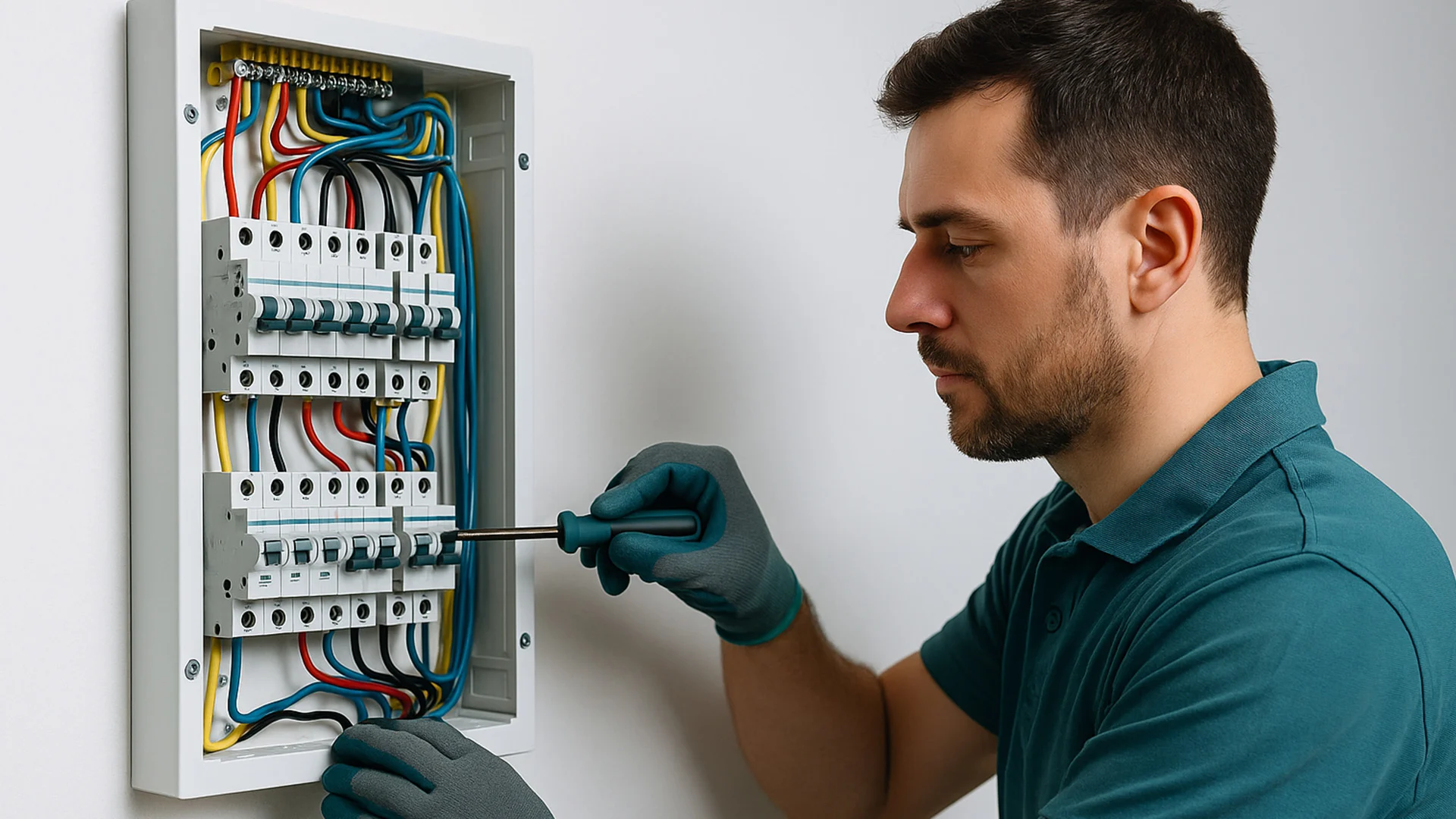Electrical work demands attention to safety, proper tools, and up-to-date methods. This guide covers common services, how professionals diagnose faults, and the steps that keep installations reliable and tidy.
Common Electrical Services
- Lighting upgrades and LED conversions
- Socket additions and relocation
- Breaker replacement and load balancing
- Ceiling fan installation
- Wiring repairs after heat or moisture damage
How Faults Are Diagnosed
Technicians test voltage, continuity, and insulation resistance while inspecting terminals for heat marks or looseness. Labels are updated and risky junctions are corrected to maintain clear circuits.
Safety and Compliance Checklist
- Correct breaker size for each circuit
- Secure earth connections
- Proper cable routing and protection
- Tested RCD/RCBO operation
- Clean terminations and torque-checked lugs
What to Expect During a Visit
Work areas are protected, power is isolated, and parts are replaced with approved components. At the end, circuits are tested and the site is cleaned.
Costs and Saving Tips
Costs depend on access, parts, and the number of circuits involved. Combine tasks in one visit and consider LED upgrades to reduce future maintenance.
FAQs
Can you fix frequent breaker trips?
Yes—load balancing, replacing weak breakers, and correcting faulty connections typically solve this.
Do you provide ceiling light installation?
Yes, including mounting, wiring, and testing with the right anchors.
How do I know if wiring needs replacement?
Signs include heat discoloration, brittle insulation, or frequent faults on the same circuit.
Is cleanup included?
Yes. Work areas are tidied and packaging removed.
Conclusion
Professional electrical work prevents hazards and ensures stable power for appliances and electronics. Schedule an inspection if you notice warm switch plates, buzzing, or repeated trips.

